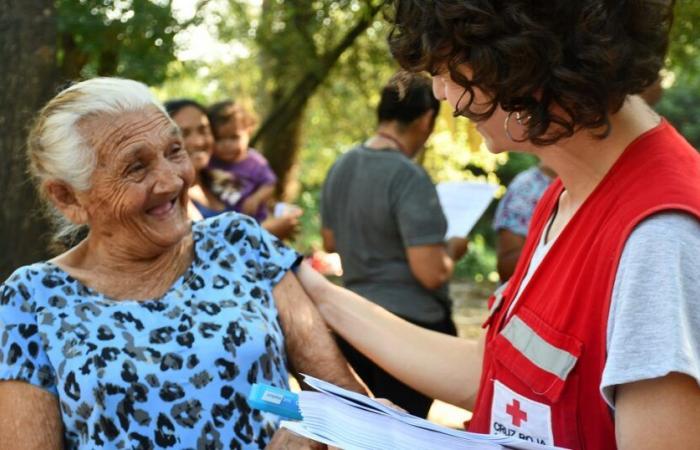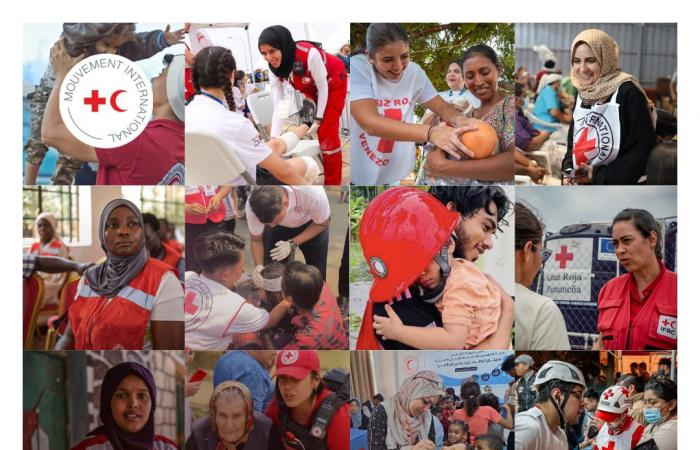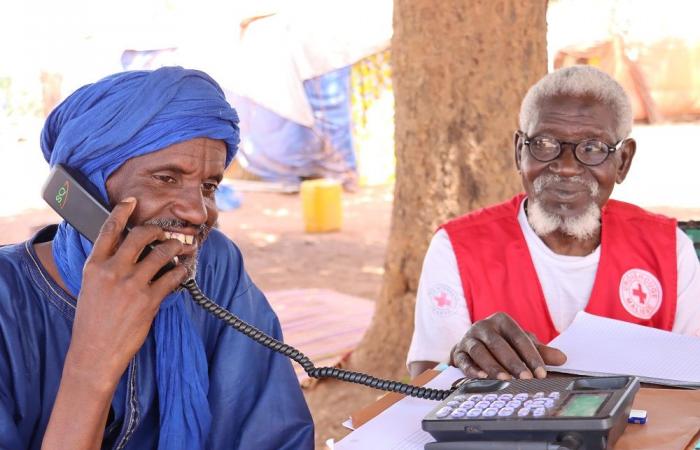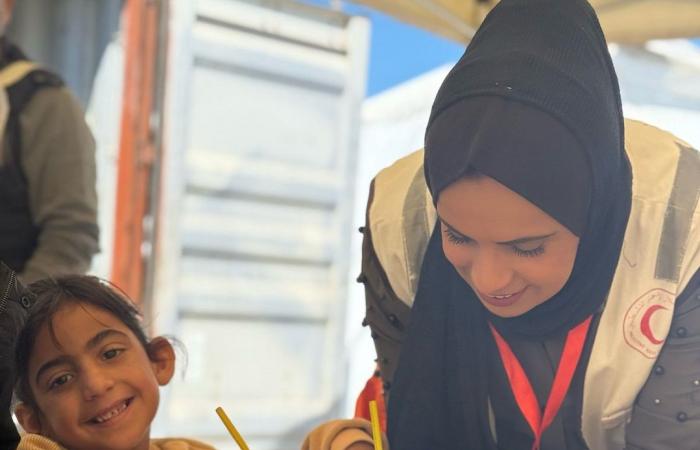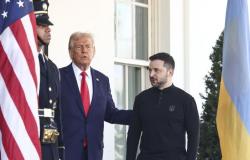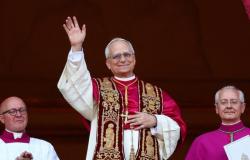Each year, on May 8, the day of memory and victory, also marks the world Red Cross and Red Crescent Day. It is on this date – anniversary of the birth of Henry Dunant, founder of the movement – that humanitarian principles have been celebrated which, for more than 160 years, have inspired the commitment of millions of volunteers and humanitarian workers around the world.
This day pays tribute to what has become the largest humanitarian movement in the world, with 80 million members and volunteers, all united around a common mission: to prevent and relieve human sufferings, everywhere, at all times.
In 2025, the theme chosen by the international movement – ” On the side of humanity – Place a particular accent on this founding principle which makes all the others possible.
Humanity is not only the first of the seven fundamental principles: it is the foundation. It is she who inspires impartiality, justifies neutrality, requires independence. In a world crossed by conflicts, disasters and crises, choosing humanity, is to recall that each life counts.
But what does it mean in the field concretely, acting according to these humanitarian principles? How do these words-humanity, impartiality, neutrality, independence-resonate in our actions with deeply weakened communities?
This is what those who, every day, embody them say.

Humanity as a founding principle
Humanitarian principles are not simple slogans. They are concrete landmarks in an emergency, tools for dialogue in the most complex contexts. Faced with suffering, doubts or distrust, you have to know how to explain, embody, justify these principles. And above all, make them live.
Simada Barnesvolunteer-secourist of the Cameroonian Red Cross in Kolofata, knows this reality from the inside:
“Having myself been the victim of conflicts, I deeply understand the suffering of the beneficiaries. This strengthens my courage and my motivation to help them. »»
This proximity to the pain of the other, this ability to transform a personal test into a humanitarian commitment, alone sums up the strength of the principle of humanity: relieving, not by duty, but by resonance. Because we understand what it means to lose, flee, hope.
Seydou Diallovolunteer of the Malian Red Cross, evokes this concrete link which is created on the ground:
“I Take a real pleasure in doing this work, it’s so rewarding. What I prefer most is to see the smiles and tears of joy at the end of a mission. It confirms me to do my best to review this happiness in their eyes. »»
-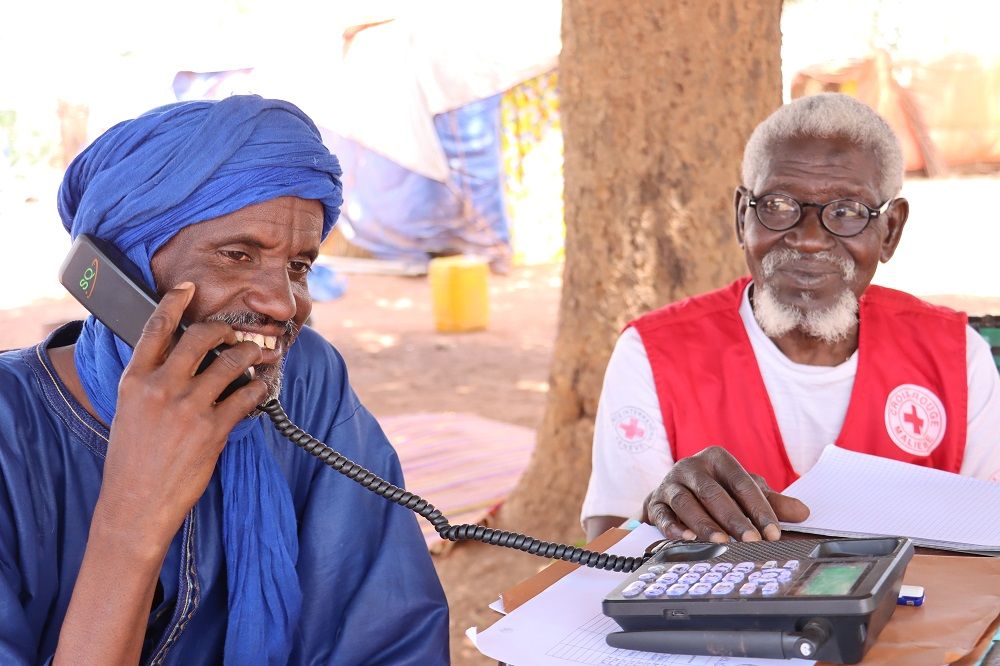
Seydou Diallo, voluntary of the Malian Red Cross, helps to restore family ties by facilitating calls between relatives separated by conflict or migration. Sénou moved camp, Mali.
These smiles, these tears, are as much evidence that humanitarian action affects something deep: dignity found. But some injuries are not seen. Darlene Alvaradopsychologist for the Honduras ICRC, acts right where the suffering is silent:
“In contexts of violence, the deepest injuries are not always visible. Supporting a psychosocial point of view is not only a technical task, but an act of humanity. »»
“What we do is important because we create spaces where people affected by violence can feel listened to, validated and included. […] Empathic, respectful and human presence is often the real impact of our work. »»
In contexts where everything vacillates, the action of volunteers and humanitarian staff recreates a security space, restores benchmarks, and revives the human link.
Pour Amna Al-Akhrasspecialist in psychosocial support for the Palestinian Red Red Crescent at the Red Cross country hospital in the Gaza Strip, this human link is the engine of its commitment:
“Seeing the heart of a child starting to heal is what pushes me to continue. It reminds me that humanity does not have to go out at the same time as the life of those we love. »»
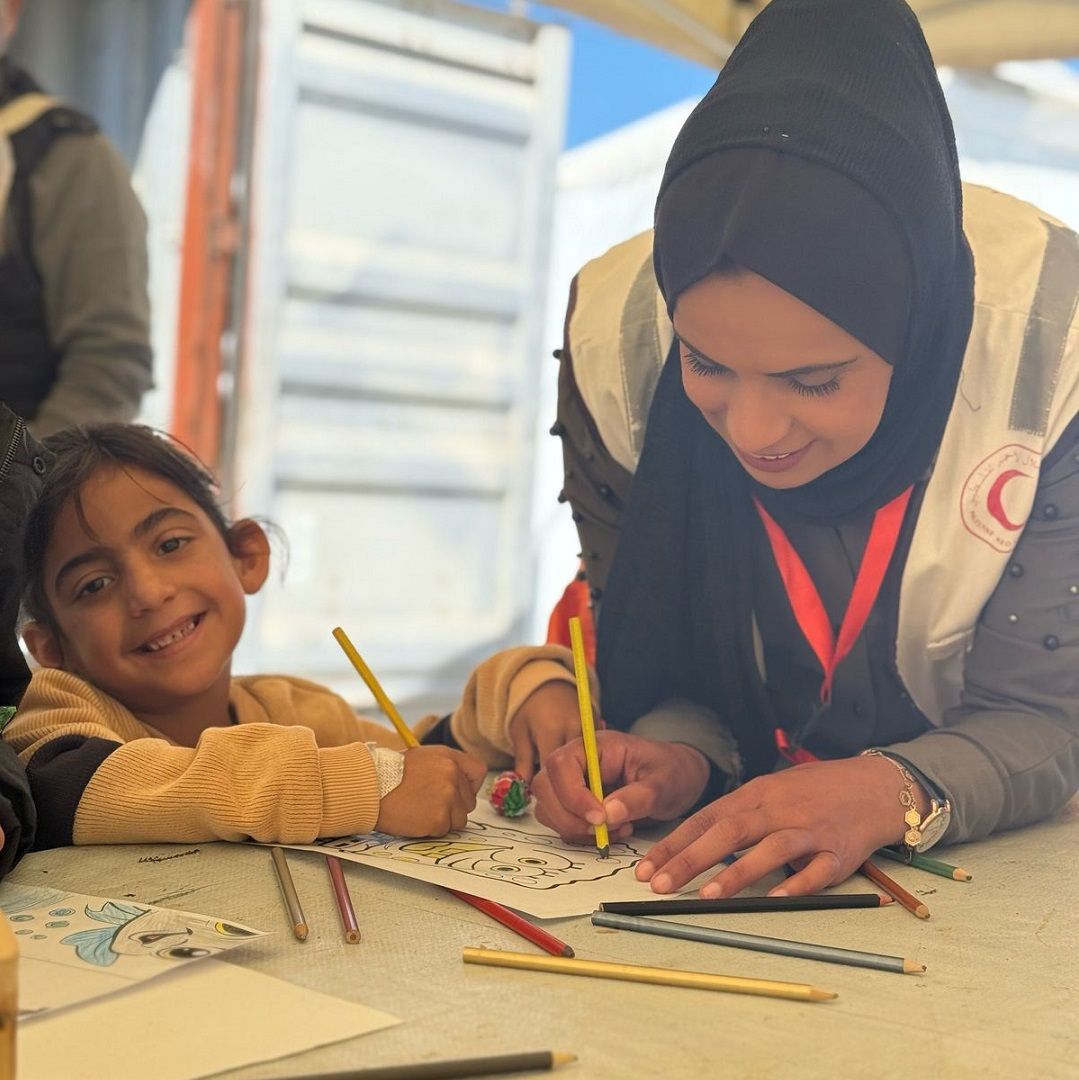
Amna al-Akhras leads an activity with a child at the Red Cross country hospital in the Gaza Strip-a simple gesture to appease trauma and restore a place for childhood, even at the heart of the crisis.
In all these stories, obviousness is essential: humanity lives in acts. The very first principle reminiscent of that, whatever the circumstances, the human comes above all. Take care, listen, protect. Even when neutrality is misunderstood, when impartiality is disputed, when independence is threatened, Humanity remains the common thread.
Uplining the principles in light is to underline their strength
At a time when the polarization of conflicts is blurring the benchmarks, when disinformation fuels distrust of humanitarian workers, putting humanitarian principles in light, it is recalled that they are anything but theoretical.
They are the invisible framework of what allows access, dialogue, protection. And they animate the daily choices of those who act.
On this World Red Cross and Red Crescent Day, let us salute the ethical requirement, loyalty to principles and the force of commitment that the movement has been trying to maintain for more than 160 years-sometimes at the cost of difficult choices, but always at the service of humanity.
Humanitarian principles are not a constraint. These are our promise – and our CAP.

